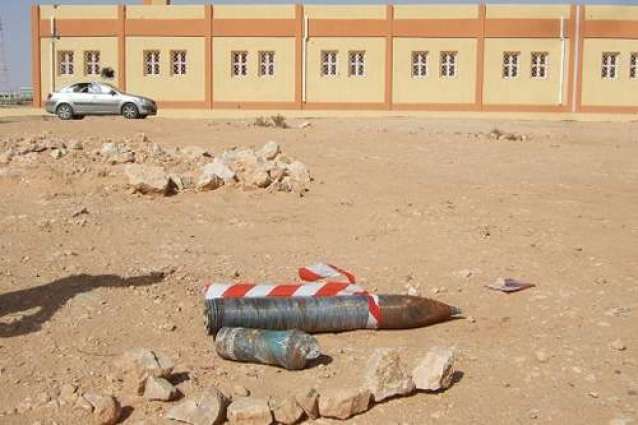The International Committee of the Red Cross (ICRC) will face the need to increase its operations in Libya due to the growth of humanitarian needs there, as the divided country is suffering not only from the internal conflict but also from becoming a hub for migrants traveling to Europe, ICRC President Peter Maurer told Sputnik
DAVOS (Pakistan Point News / Sputnik - 27th January, 2020) The International Committee of the Red Cross (ICRC) will face the need to increase its operations in Libya due to the growth of humanitarian needs there, as the divided country is suffering not only from the internal conflict but also from becoming a hub for migrants traveling to Europe, ICRC President Peter Maurer told Sputnik.
"There are basically two levels of concern for the ICRC. One is the dynamic of conflict in which a lot of different powers in Libya fight over territory and population control... The second layer is that Libya is at the crossroads of the big migration from western Africa into the Mediterranean and Europe. These are different processes, but they compound, they come together in Libya to produce one of the biggest humanitarian crises for migrants, but also for Libyans. So, we have considerably scaled up our operations in Libya and we are able to work in the respective territory of different groups. But I fear that 2020 will be the year where we have to do more and to scale up our operation in Libya because of the humanitarian needs emerging," Maurer said in an interview.
Achieving this will require sending in more personnel, as well as increasing support of the Libyan Red Crescent Society and scaling up various other ICRC activities in the country, according to the president.
"The whole set of activities ICRC is now scaling up in the Libyan context. I will most likely go to Libya in February," he added.
After the ouster and assassination of then-Libyan leader Muammar Gaddafi in 2011, the country was plunged into a political turmoil. Today, Libya is divided between two centers of power � an elected parliament in the country's east, supported by the Libyan National Army, and the UN-backed Government of National Accord in the west.




